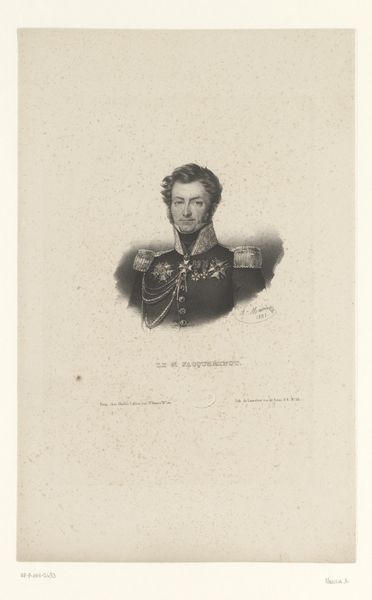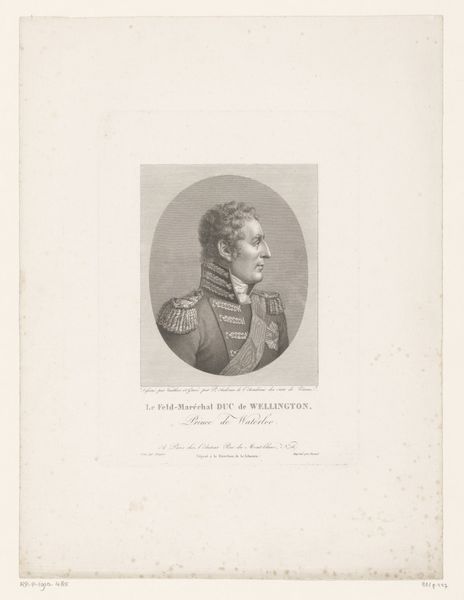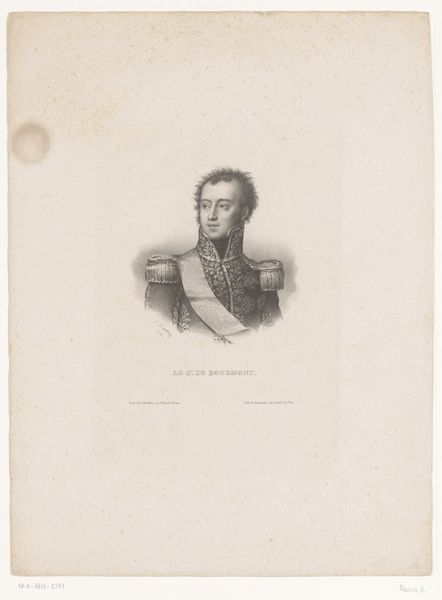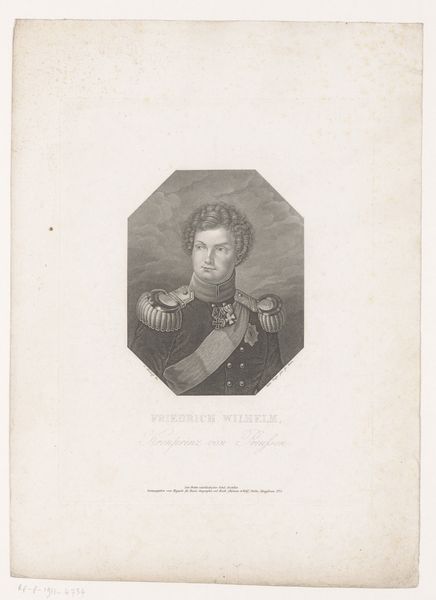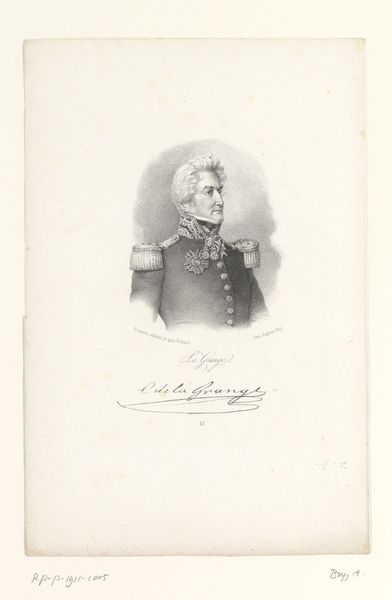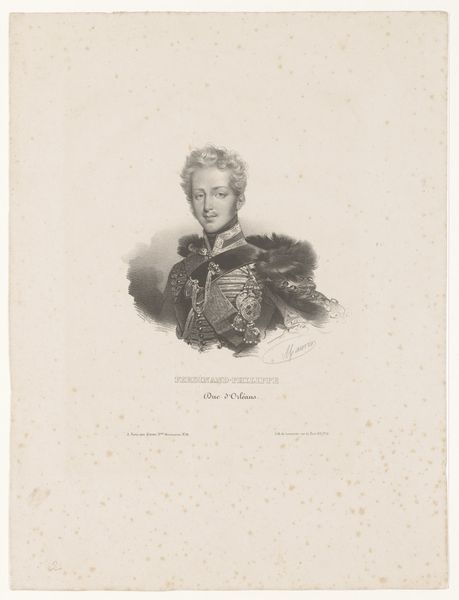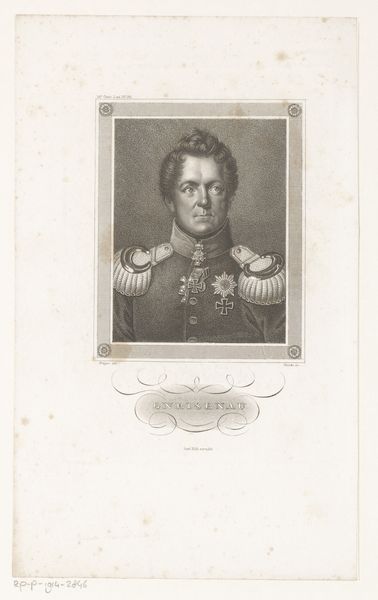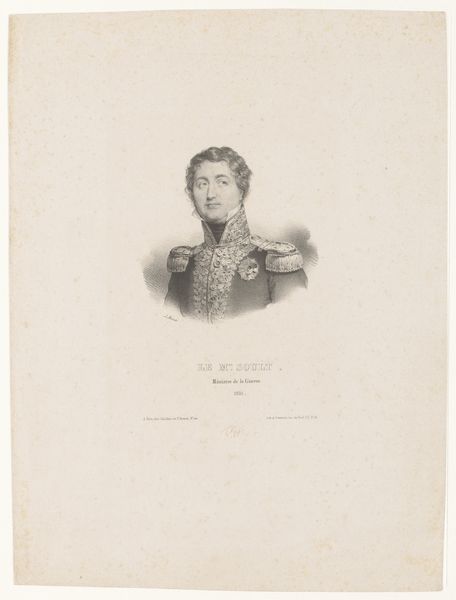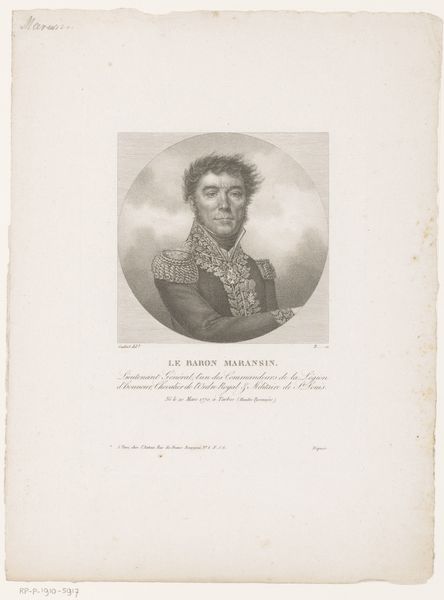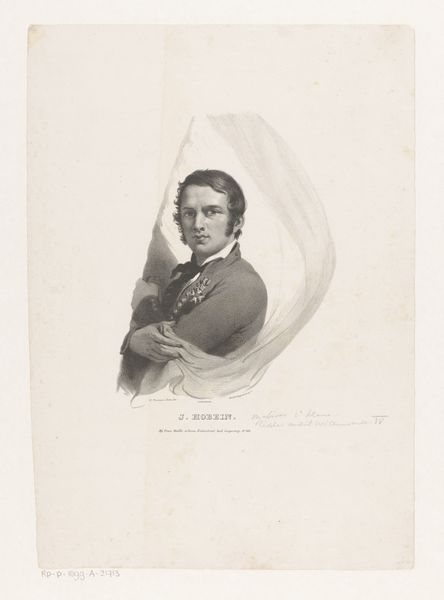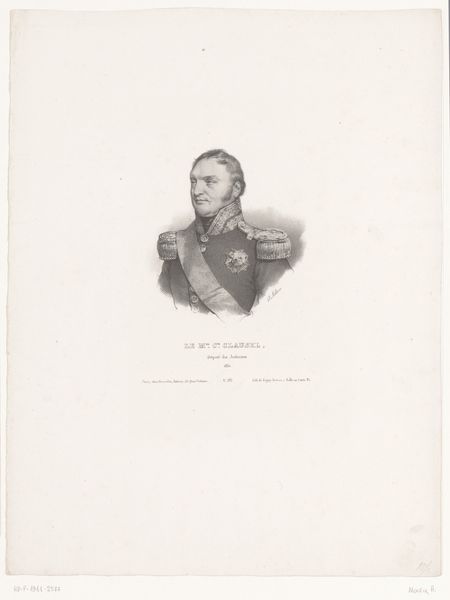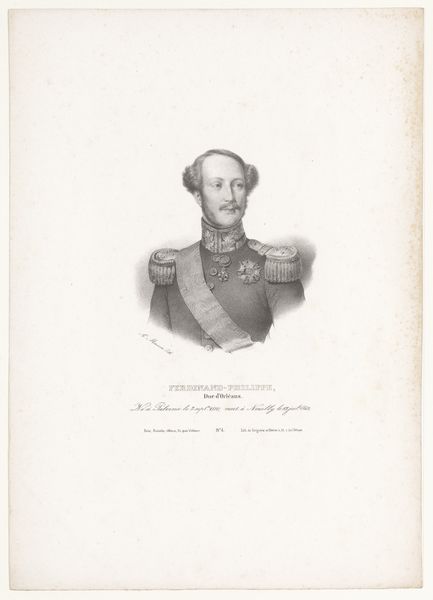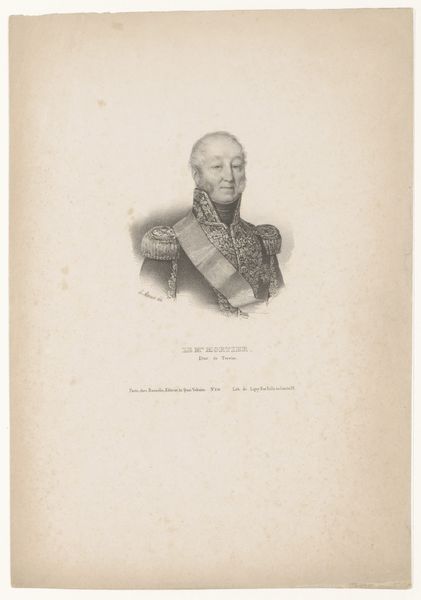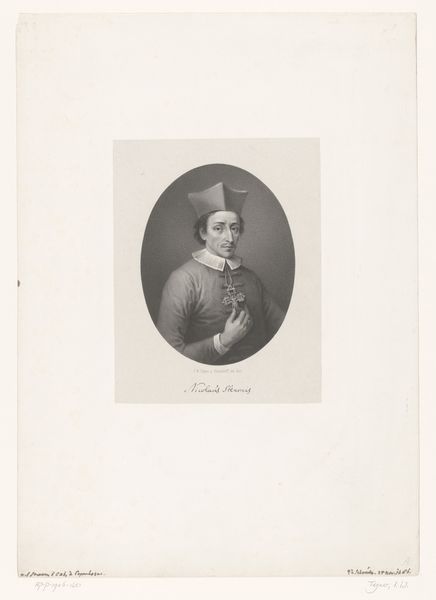
engraving
#
portrait
#
neoclacissism
#
history-painting
#
engraving
Dimensions: height 171 mm, width 112 mm
Copyright: Rijks Museum: Open Domain
Editor: So, here we have Anton Wachsmann's "Portrait of Arthur Wellesley of Wellington" from 1827, rendered as an engraving. The details are really fine. I’m curious, looking at this as a physical object, what stands out to you? Curator: Immediately, I'm drawn to the medium. An engraving in 1827 isn't just a neutral choice. It reflects a very specific mode of production. Who was the intended consumer of this image, and how does that influence its making? Editor: That's interesting. I guess I hadn't thought about the engraving itself being significant beyond just being a way to create the image. Is it about accessibility then? Curator: Precisely! Engravings were reproducible, making images like this widely accessible to a burgeoning middle class eager to consume images of power. Think about the labor involved. Each line painstakingly etched. The matrix itself gains importance here. Is this about celebrating Wellington, or is it equally about the burgeoning print industry shaping public opinion? Editor: So, it’s not just about depicting the Duke, but about how the *means* of depicting him reflects larger social and economic trends. It gives us clues as to consumption patterns and status displays as well. The value lies as much in the "how" as in the "what." Curator: Exactly! Consider the availability and distribution networks of printed material at this moment in history. We should remember that while seemingly about celebrating aristocratic success, the core concerns shift to modes of production and mass availability and that the tension between high and low becomes blurred, revealing the complexities inherent in artistic practices. Editor: This has really broadened my perspective on the portrait. I would have missed that without thinking about its physical production. Thank you! Curator: My pleasure! Now consider what an artist might make of power today. Would they paint an oil, like Van Dyke? Or screenprint a poster?
Comments
No comments
Be the first to comment and join the conversation on the ultimate creative platform.
